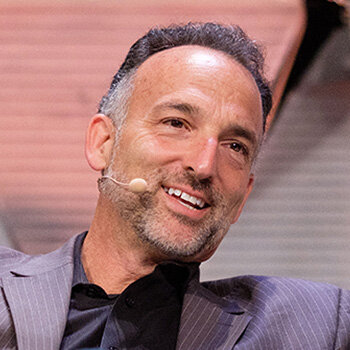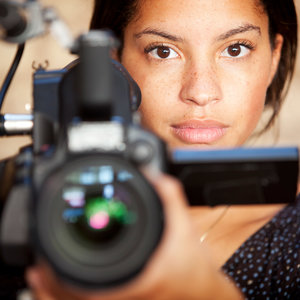Entertainment
Study in the entertainment capital of the world.
Expect more from your education.

IN PERSON & VIRTUAL FILM SCREENINGS
UCLAxFilmFest 2024
Join us for the 8th annual UCLA Extension Film Festival, culminating in a screening and party at the historic LA Theatre, DTLA!
MAY 2-4, 2024
RSVP For a Free Ticket Now
UCLA Extension is really outstanding and phenomenal because I was able to apply what I learned in class to my awards campaign.
Jean de Meuron
Business and Management of Entertainment Certificate Graduate and 2017 Academy Award Nominee
![]()
Corporate Education
Learn how we can help your organization meet its professional development goals and corporate training needs.
![]()
Donate to UCLA Extension
Support our many efforts to reach communities in need.











